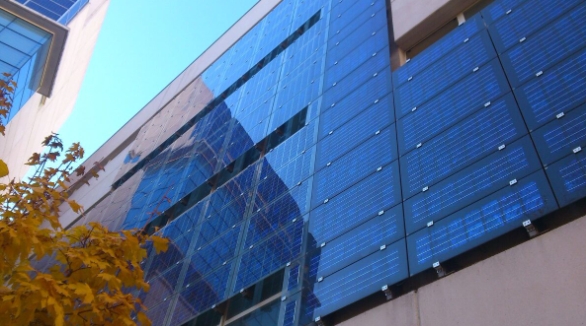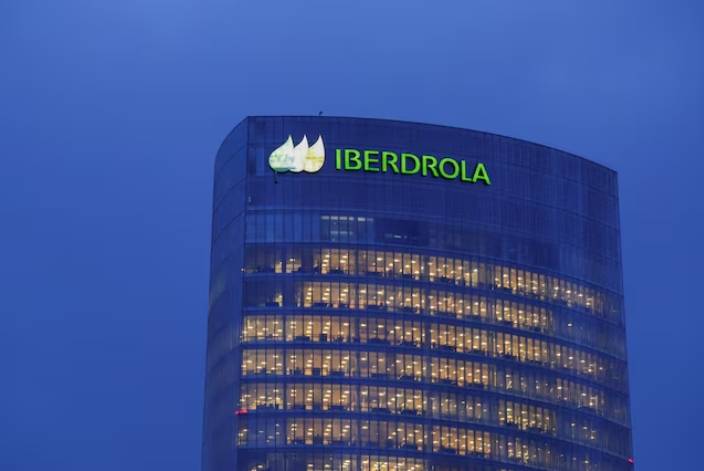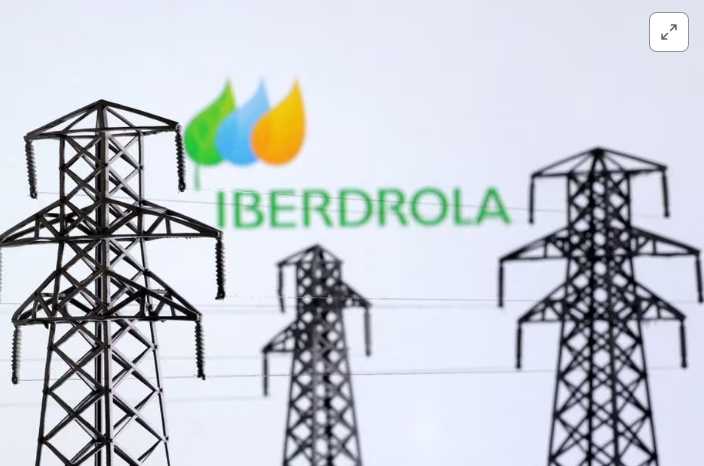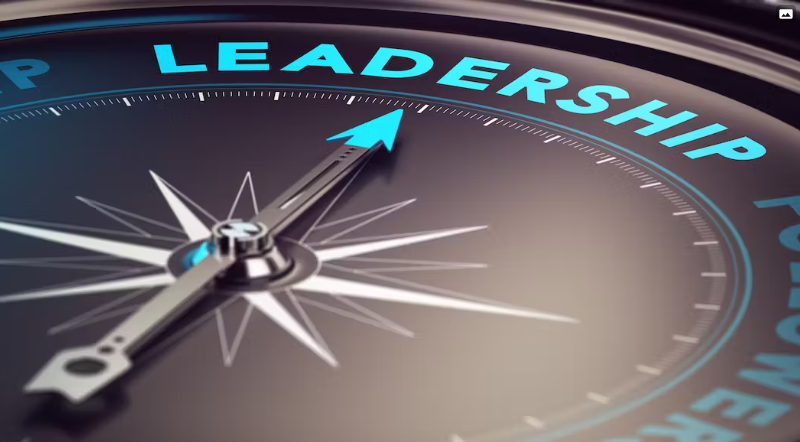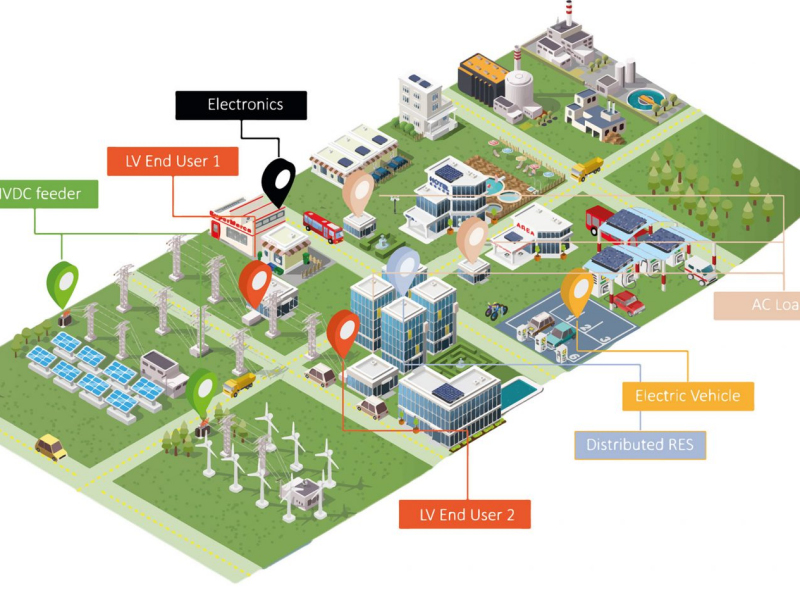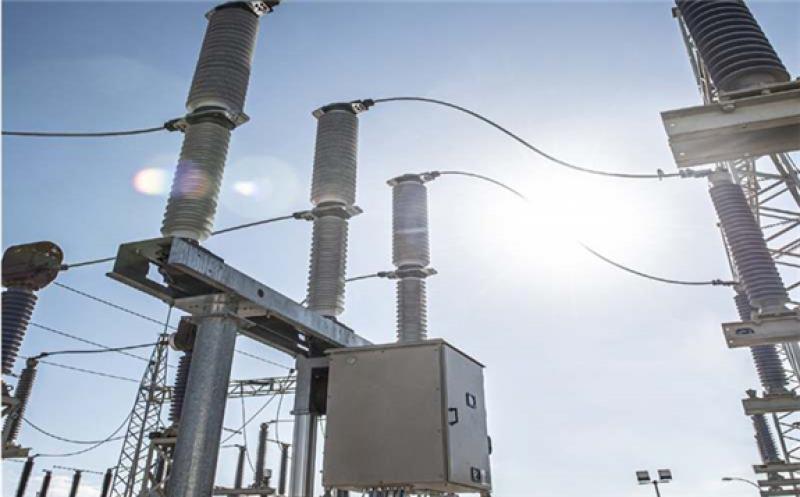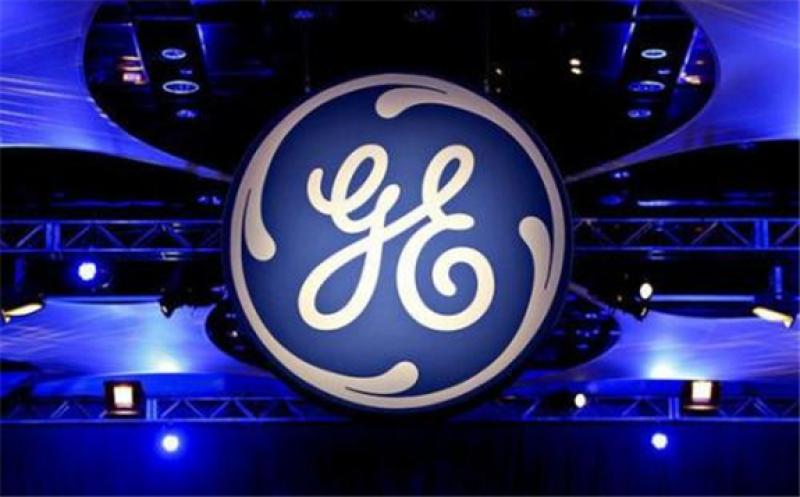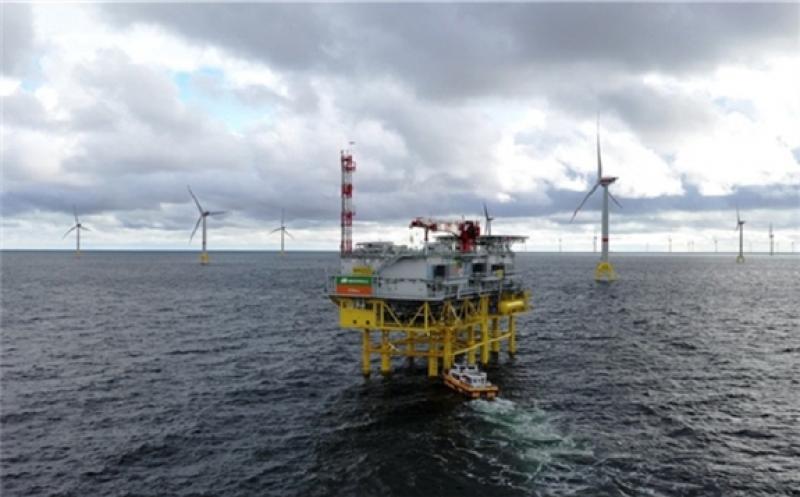DNV, the independent energy expert and assurance provider, has published a new technical note (TN) providing principles for determining site extreme wind speeds for wind farms caused by tropical cyclones. The document is published after an extensive industry collaboration to increase transparency and to reduce uncertainty in the design of wind farms in emerging offshore wind markets such as Taiwan, Japan, Korea, and the US.
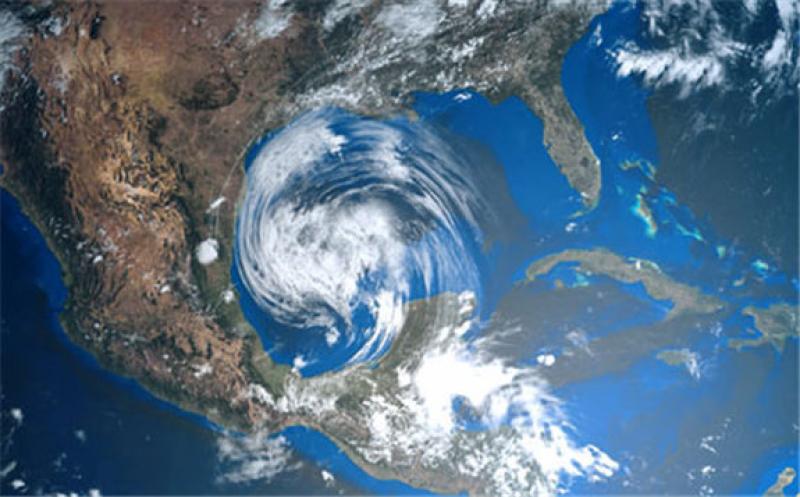
“In DNV’s latest Energy Transition Outlook report (ETO) we predict that the share of offshore wind in total wind electricity generation will rise to 40% in 2050, " says Kim Sandgaard-Mørk, Executive Vice President for Renewables Certification at DNV. “Especially for emerging offshore wind markets with ambitious roadmaps, tropical cyclone loads are of critical importance. Recent events like Hurricane Ida prove that wind farms need to be designed for these extreme local environmental conditions to support the plans to develop multi-megawatt offshore wind projects.”
“To grow offshore wind worldwide, the need to obtain reliable extreme wind speeds became urgent, as sufficient long-term wind speed measurements to estimate extreme wind speeds are hardly available onshore, and even less for offshore sites”, explains Marcus Klose, Head of Section for Steel Structures at DNV. “A lack of standardised approaches combined with little industry experience leads to high uncertainty on site extreme wind speeds. This substantially impacts the reliability and economic feasibility of wind farm projects. All industry stakeholders acting in emerging markets in the Asia Pacific region and the US will benefit from the guidance we give in our TN as it will help to minimise cost, warranty, and liability risks in wind farm projects.”
The TN ‘Site extreme wind speeds due to tropical cyclones for wind power plants’ is a result of a global collaborative effort, with more than 20 wind industry leaders, including OEMs, project developers, designers, and experts from Asia Pacific, Europe, and North America.?After only 18 months of work the Joint Industry Project ACE (Alleviating Cyclone and Earthquake Challenges for Wind Farms), has been able to gather enough experiences from cross-industry players to align wind farm design principles for those extreme environmental conditions.
